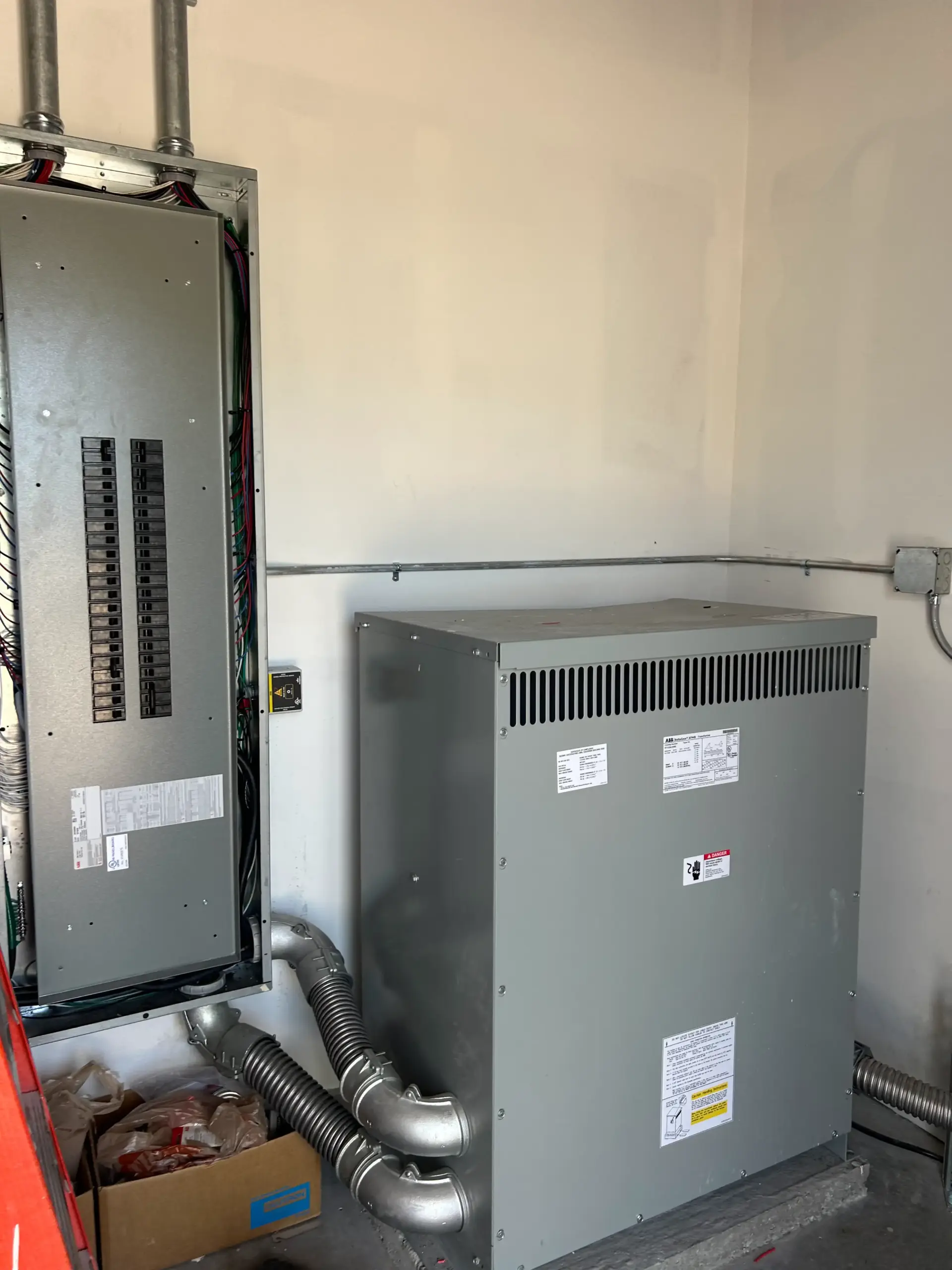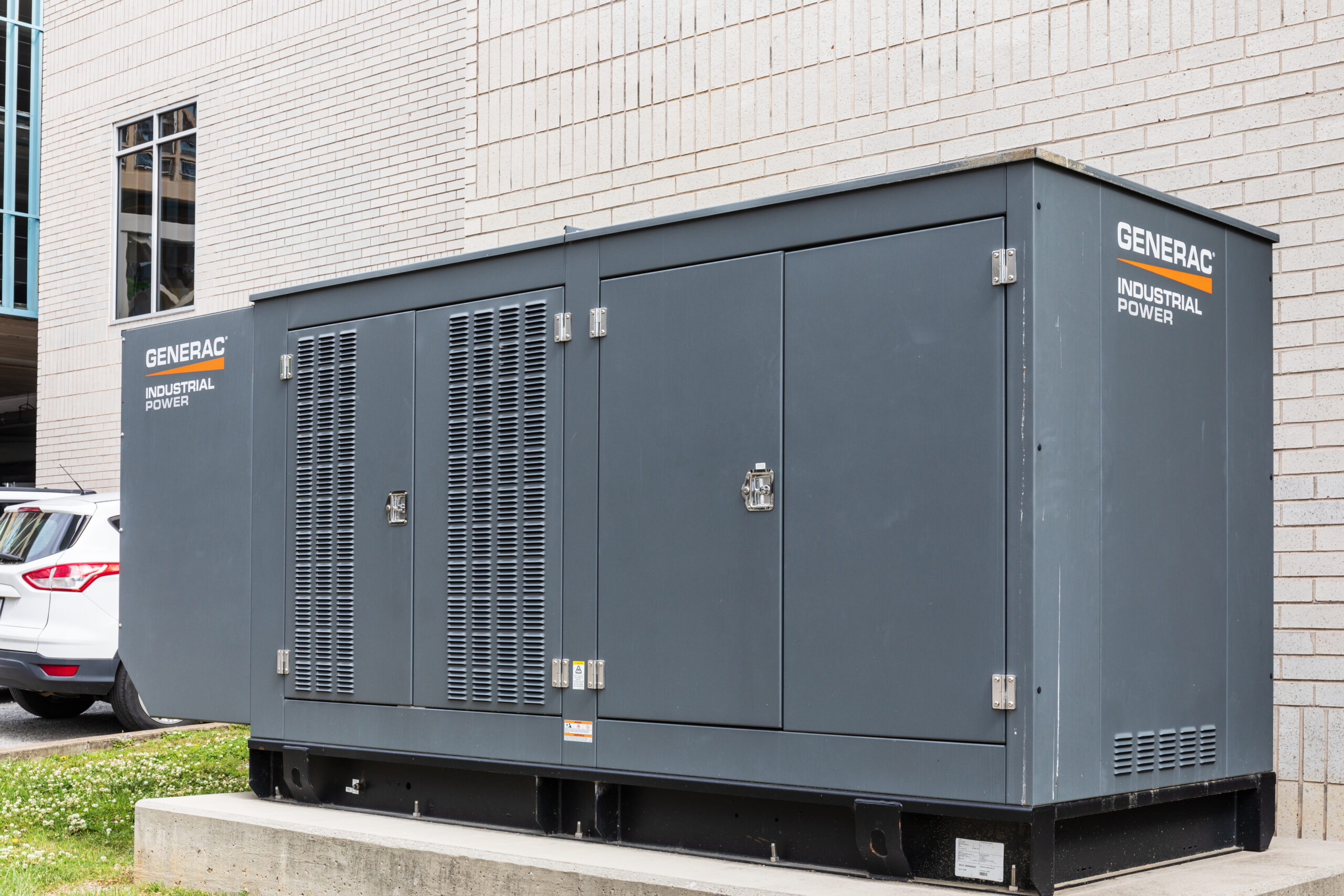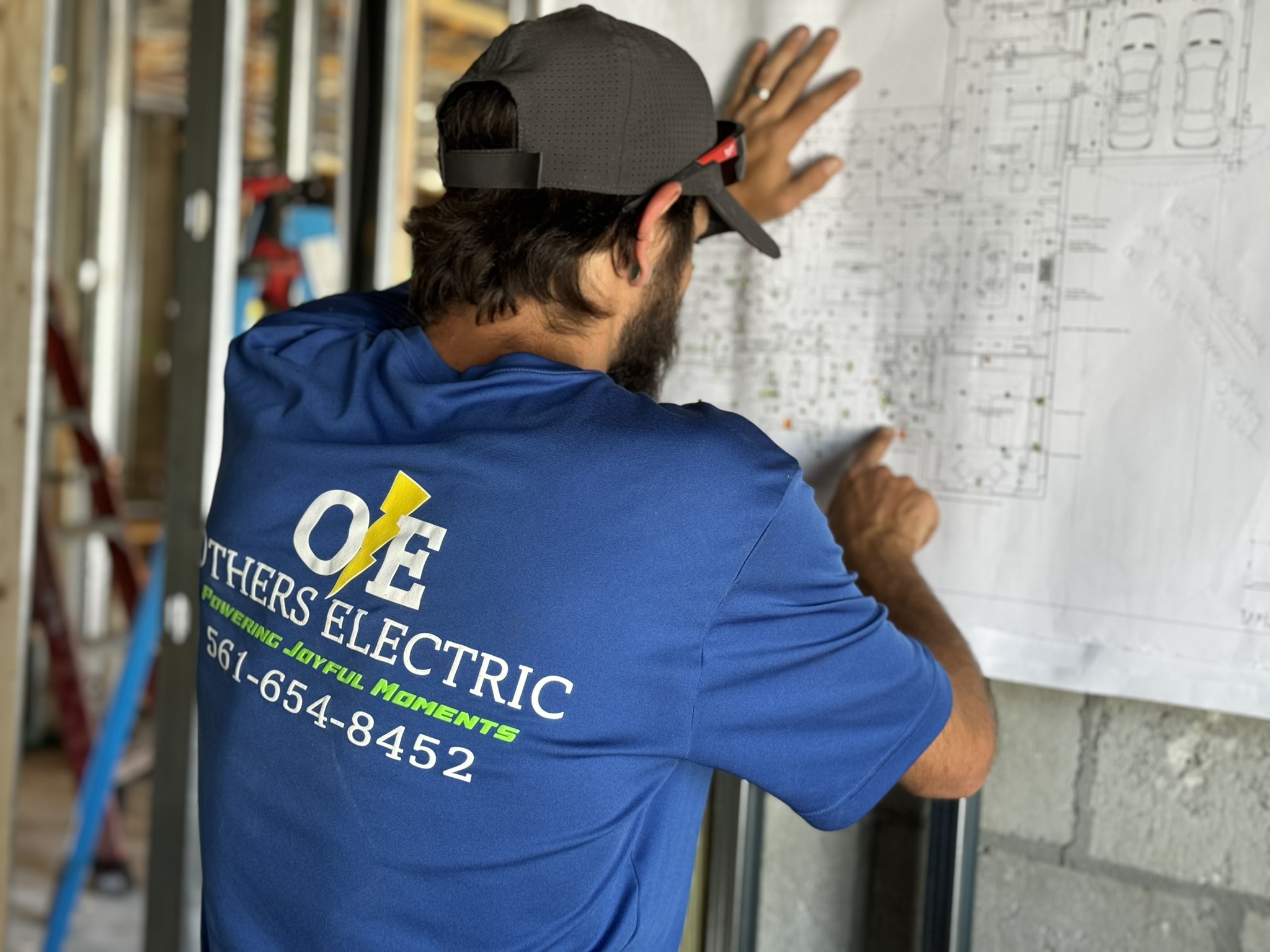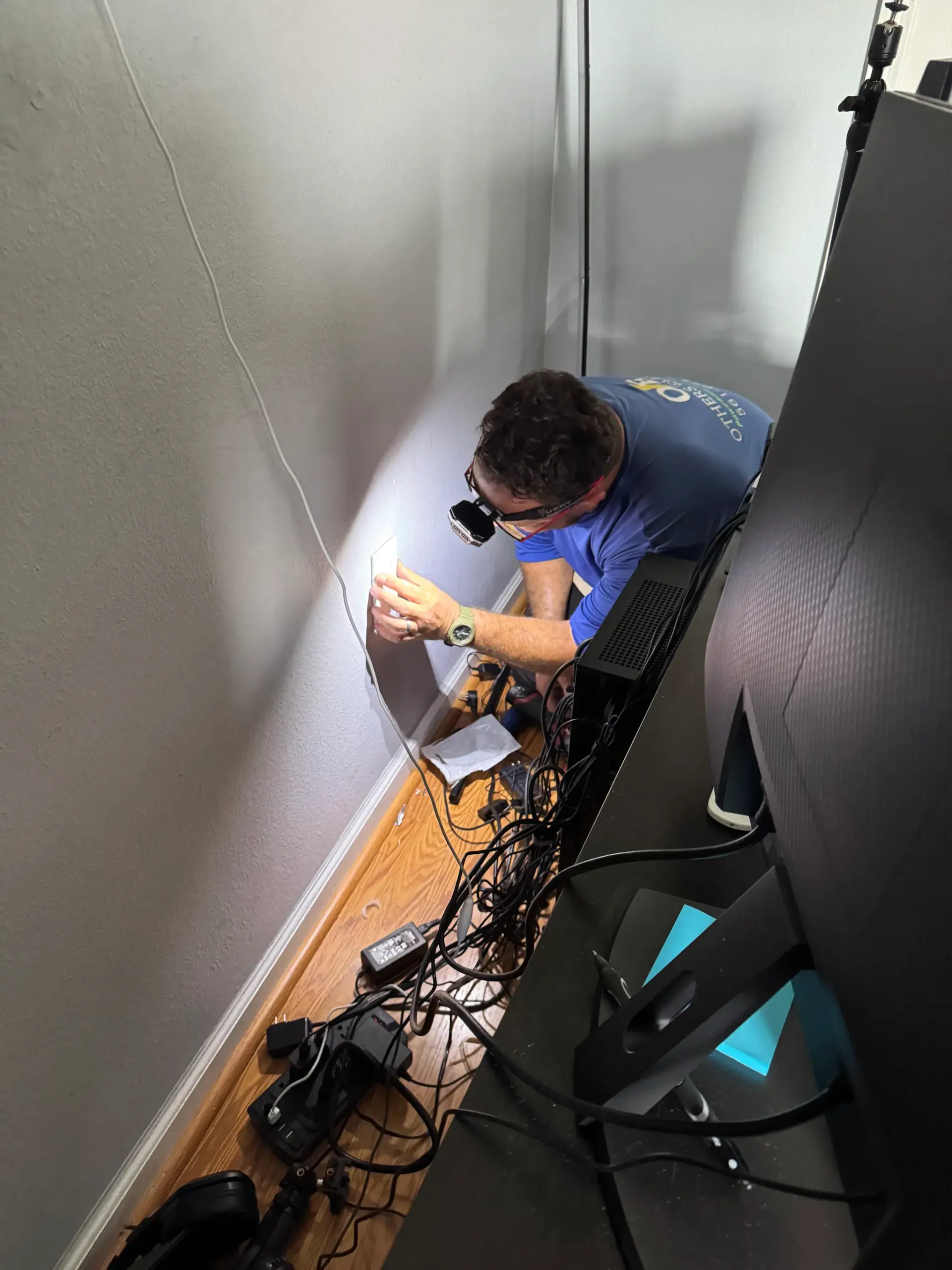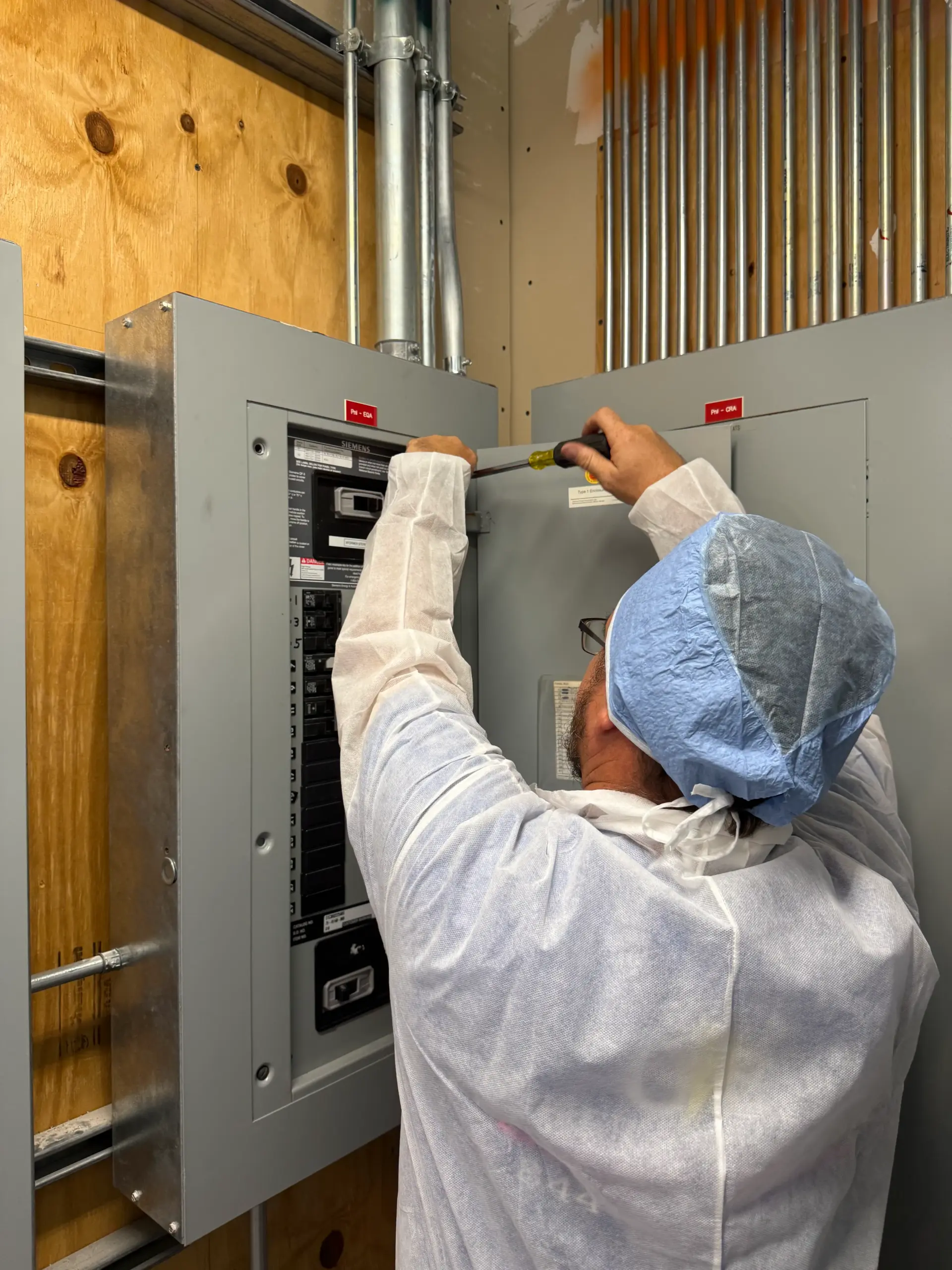Electrical outlets are essential components in any modern electrical system, providing the necessary interface for plugging in and powering various devices. Different types of outlets are designed for specific uses, each offering distinct features, benefits, and applications. Understanding what are the 4 types of electrical outlets can help you make informed decisions about home and business wiring while ensuring safety and compatibility with your appliances and devices. In this article, we will explore these four types of electrical outlets, their characteristics, and their typical uses.
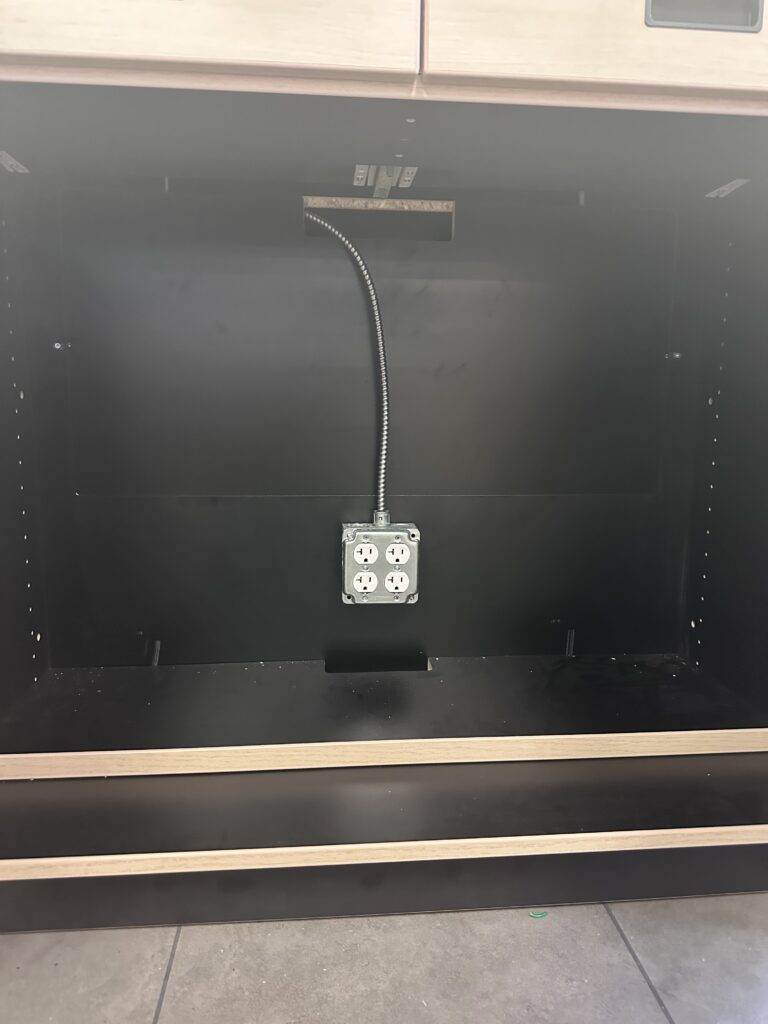
Standard Duplex Outlets
The standard duplex outlet is the most common type of electrical outlet found in homes and businesses across North America. These outlets are designed to accept standard plugs and typically have two receptacles, allowing for two devices to be plugged in simultaneously. The standard voltage for these outlets is usually 120 volts.
Duplex outlets are identifiable by their two vertical slots, which can accommodate a variety of devices, including lamps, chargers, and small appliances. Most duplex outlets also come with a third grounding hole, ensuring that devices are safely connected and reducing the risk of electrical shock.
Modern duplex outlets often incorporate safety features such as tamper-resistant (TR) designs, which prevent foreign objects from being inserted into the slots, making them particularly useful in homes with children. Additionally, many duplex outlets now come with built-in surge protection, safeguarding connected devices from voltage spikes.
Standard duplex outlets are versatile and can be found in virtually every room in a home, including living rooms, bedrooms, and kitchens. They are commonly used for powering everyday devices such as lamps, televisions, computers, and kitchen appliances. Due to their widespread use and compatibility with standard plugs, duplex outlets are essential for most residential and commercial electrical systems.
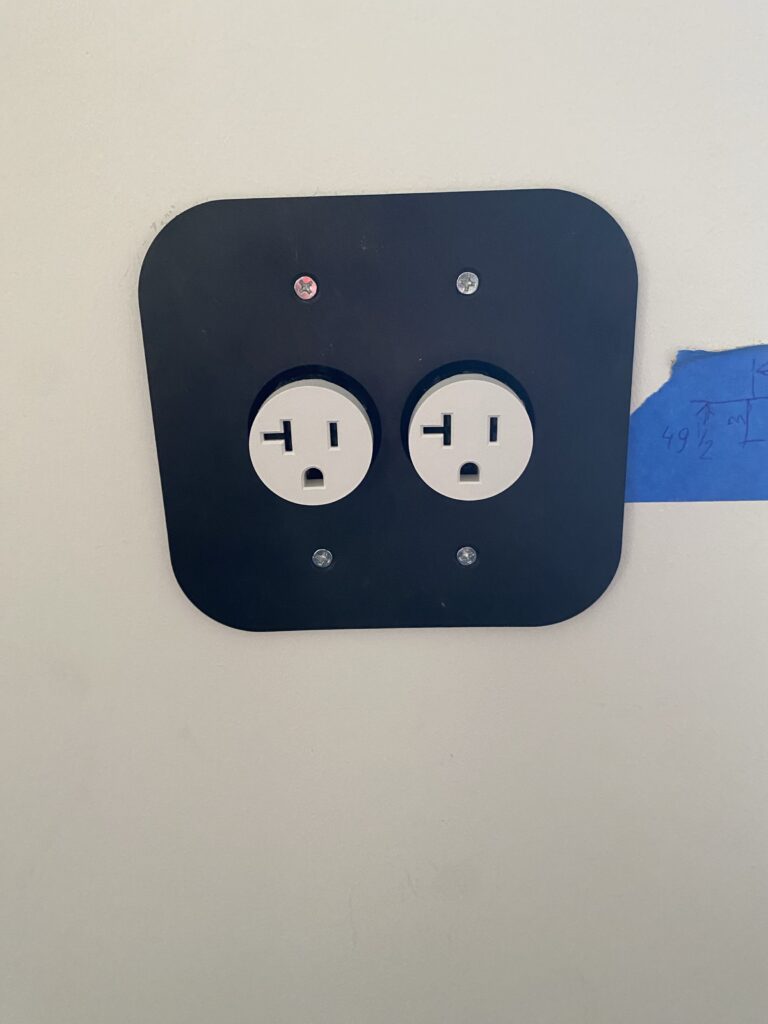
GFCI Outlets
Ground Fault Circuit Interrupter (GFCI) outlets are specially designed to protect against electrical shock, making them essential for areas where water is present, such as kitchens, bathrooms, and outdoor spaces. GFCI outlets continuously monitor the flow of electricity and can detect imbalances in the electrical current, automatically shutting off power if a fault is detected.
GFCI outlets are easily identifiable by their reset and test buttons, usually located between the two receptacles. They are designed to trip when a ground fault occurs, which can happen when water comes into contact with electrical devices. The typical voltage for GFCI outlets is also 120 volts, making them compatible with standard plugs.
The primary purpose of GFCI outlets is to enhance safety by reducing the risk of electrical shock. They are particularly crucial in wet or damp environments, where the likelihood of accidental contact with water increases. GFCI outlets are tested regularly to ensure functionality, and most modern homes are required to have these outlets installed in high-risk areas.
You will typically find GFCI outlets in locations like kitchens, bathrooms, garages, basements, and outdoor spaces. They are commonly used to power devices such as hairdryers, toasters, outdoor lights, and garden tools. Installing GFCI outlets is an important step in promoting electrical safety, especially in homes with children or elderly residents.
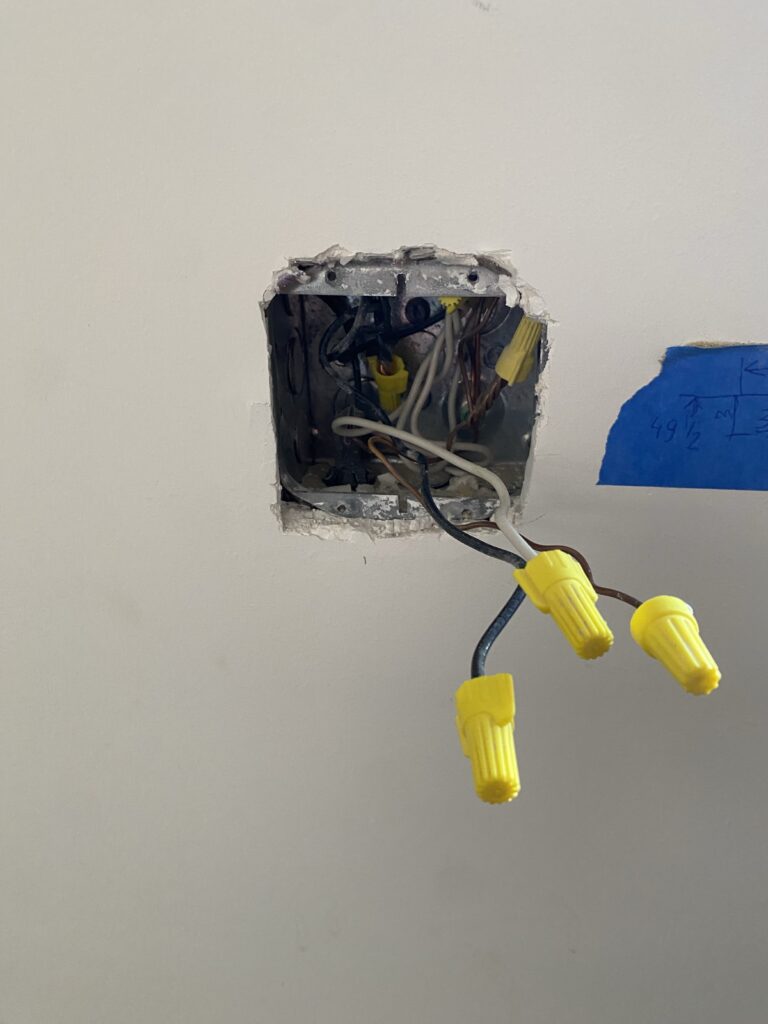
AFCI Outlets
Arc Fault Circuit Interrupter (AFCI) outlets are designed to prevent electrical fires caused by arcing faults in wiring. An arcing fault can occur when there is a loose connection or damaged wiring, creating a spark that can ignite nearby flammable materials. AFCI outlets help detect these dangerous conditions and cut off the electrical current to reduce fire risks.
AFCI outlets are identifiable by their unique design, which includes a test button similar to that found on GFCI outlets. These outlets operate on a 120-volt system and are equipped with technology that continuously monitors the electrical flow to identify any arcing conditions.
AFCI outlets provide enhanced safety in residential settings by preventing electrical fires, which are often caused by old or damaged wiring. They are increasingly being required by electrical codes in bedrooms and other living areas to ensure comprehensive fire safety in homes.
AFCI outlets are typically installed in bedrooms, living rooms, dining rooms, and hallways where the risk of electrical fires is higher. They are ideal for powering devices such as lamps, computers, televisions, and other electronics that could be plugged into standard duplex outlets. Their installation is an important aspect of fire prevention in modern electrical systems.
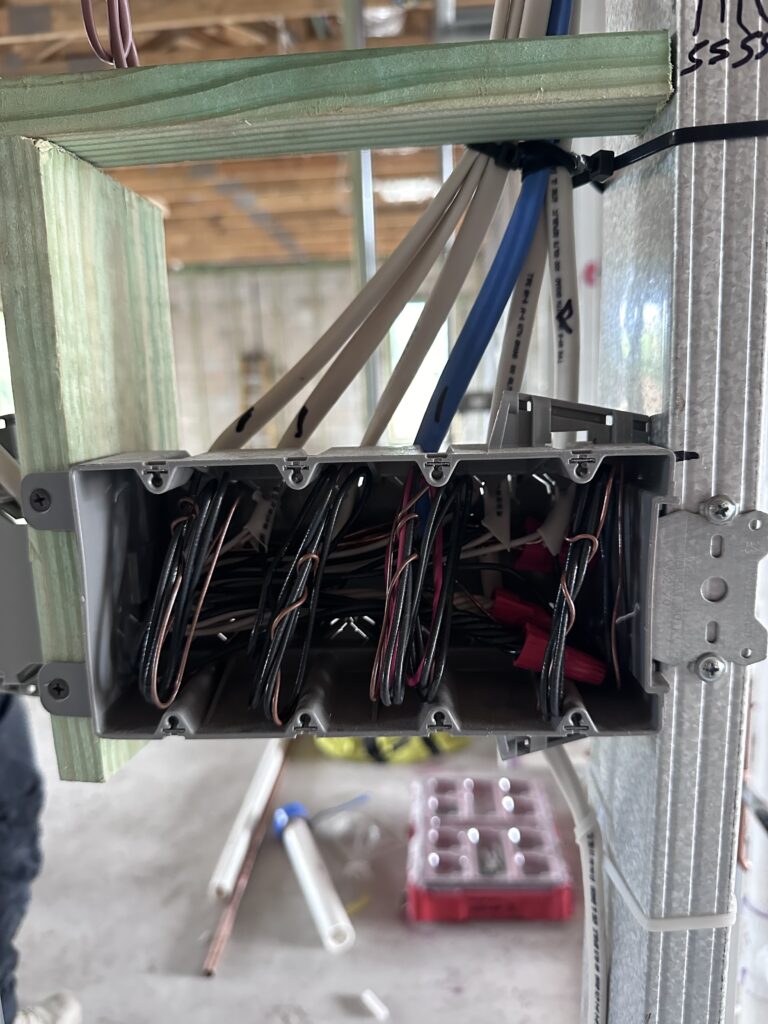
Specialty Outlets
Specialty outlets cater to specific applications and devices, offering unique configurations and voltage requirements. These outlets are designed to accommodate particular types of equipment that may not be compatible with standard duplex outlets.
Several types of specialty outlets exist, including 15-amp and 20-amp outlets used for higher power appliances such as refrigerators, air conditioners, and other heavy-duty devices. They have a different configuration with one horizontal and one vertical slot. Additionally, 30-amp outlets are commonly used for larger appliances, such as dryers and RVs, requiring specialized plugs. For even higher power needs, 50-amp outlets are often used for electric vehicles and larger machinery.
Specialty outlets are built to handle specific loads safely, ensuring that devices receive the correct power without overloading the circuit. They often include safety mechanisms such as locking features or specific configurations that prevent improper connections.
Specialty outlets are essential for powering specific equipment, including electric vehicles, which require dedicated 240-volt outlets, and laundry rooms that need 30-amp outlets for electric dryers. Campgrounds and homes with RVs often have 50-amp outlets to accommodate the power needs of recreational vehicles.
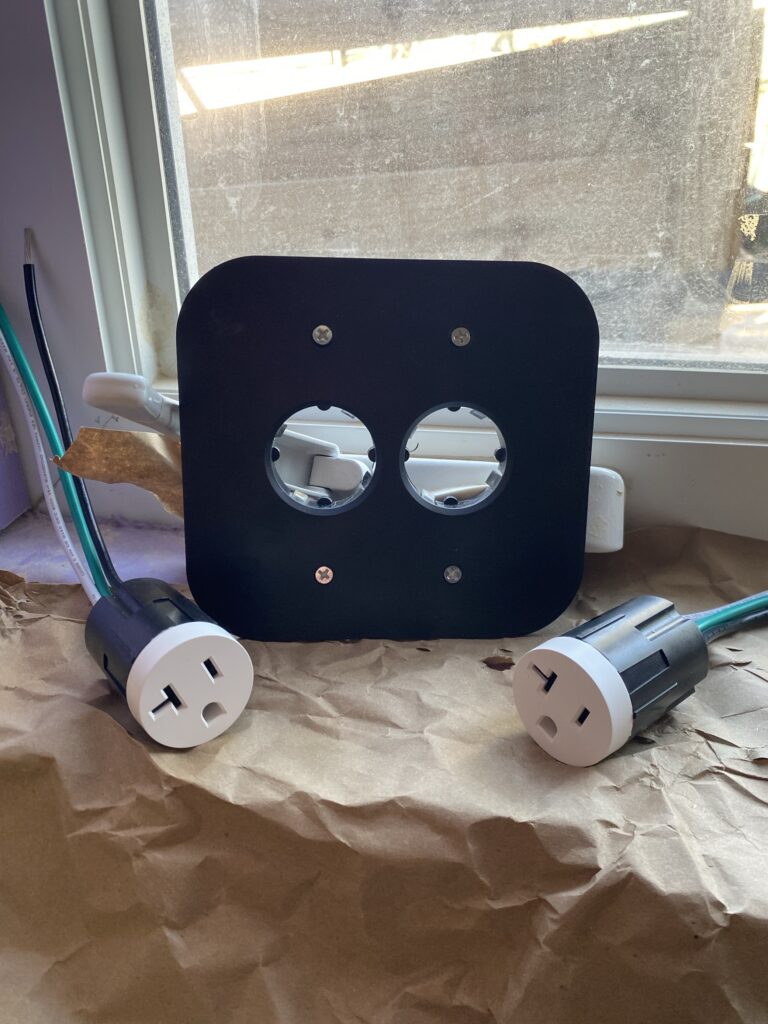
Choosing the Right Outlet for Your Needs
Understanding the different types of electrical outlets available is crucial for ensuring safety and functionality in your home or business. Each outlet type serves a specific purpose, and selecting the right outlet is essential for meeting the power requirements of your devices while also complying with electrical codes.
When choosing electrical outlets, prioritize safety features such as GFCI and AFCI outlets in areas prone to electrical hazards. Always consult with a licensed electrician when considering upgrades or installations, especially when dealing with high-voltage or specialty outlets.
If you’re planning to renovate or upgrade your electrical system, consider the benefits of modern outlets. Replacing standard duplex outlets with GFCI or AFCI outlets in appropriate locations can enhance safety and reduce the risk of accidents.
For any electrical work, including the installation of new outlets or the upgrading of existing ones, it is crucial to hire a licensed electrician. They can assess your needs, ensure compliance with local codes, and provide expert installation to guarantee safety and reliability.
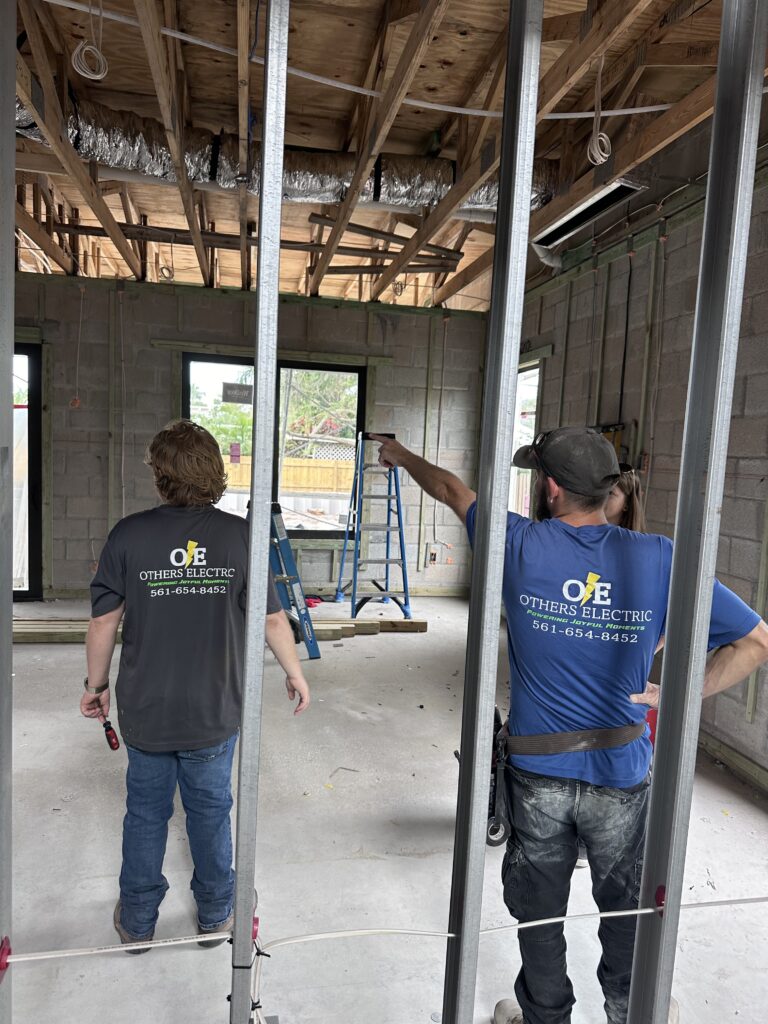
Conclusion
In conclusion, understanding the four main types of electrical outlets—standard duplex outlets, GFCI outlets, AFCI outlets, and specialty outlets—is essential for anyone looking to ensure a safe and efficient electrical system. Each type of outlet serves specific purposes, contributing to the overall safety and functionality of electrical installations.
At Others Electric, we are committed to helping you navigate the complexities of electrical systems. Whether you need assistance with outlet installations, upgrades, or safety evaluations, our team of experienced electricians is here to provide you with the highest level of service. Contact Others Electric today to discuss your electrical needs and ensure your home or business is equipped with the right outlets for optimal safety and performance.


